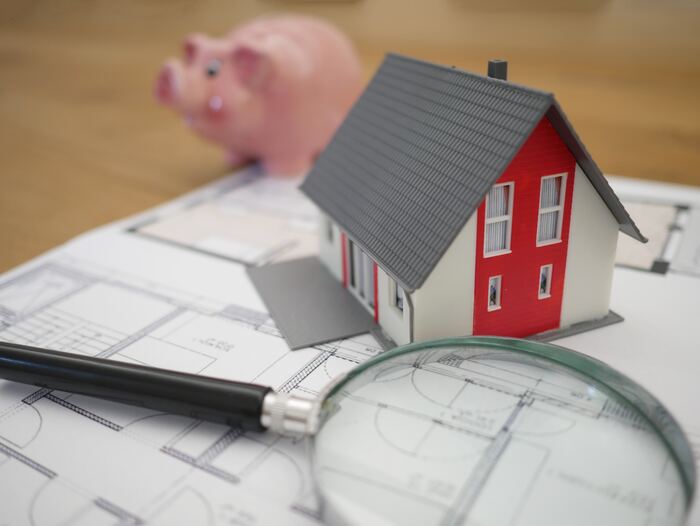Whether you’ve decided to move on from a rental property or your current one isn’t providing enough income – there are a few things to consider before selling. When you sell a rental property, you either gain or lose capital (refer to our ‘Tax Tips for Property Investors: What is Capital Gains Tax (CGT)?’ for more information on capital gains and losses).
What is a property’s cost base?
In order to calculate your capital gain – you need to work out the cost base of your property. The cost base is usually the cost of the property when you bought it + any costs associated with acquiring, holding or selling it.
The five main elements that make up the cost base are:
Element 1 – Money paid or property given for CGT asset
For example, the purchase price to acquire the asset
This includes the total money paid (or required to be paid) for the rental property and the market value of the property given (or required to be given) to acquire the asset.
Element 2 – Incidental cost of acquiring, selling or disposing of the asset
For example, stamp duty, legal fees, valuation fees
These costs are not included if you:
- Claimed a tax deduction for them in any year, or
- Can claim a tax deduction for them because the period for amending the relevant income tax assessment has not expired.
Element 3 – Costs of owning the CGT
For example, insurance costs, rates and land taxes
These costs are not included if you:
- Can claim a tax deduction for them in any financial year, or
- Can claim a tax deduction for them because the period for amending the relevant income tax assessment has not expired.
- Acquired the asset before 21 August 1991
Element 4 – Capital costs to increase or preserve the value of your asset or to install or move it
For example, costs for initial repairs that are not otherwise deductible
Element 5 – Capital costs of preserving or defending your title or rights to your CGT asset
For example, legal fees to defend your ownership of the rental property
These costs are not included if you:
- Acquired the asset after 31 May 1997, and
- Can claim a tax deduction for them in any financial year, or
- Can claim a tax deduction for them because the period for amending the relevant income tax assessment has not expired.
How to calculate a property’s cost base
When calculating your capital gain or loss, the value of a property’s depreciating assets at the time of purchase and sale are removed from the cost base and capital proceeds.
If your calculations show that you have made a capital loss, some of the costs you included when working out your cost base need to be removed. Your cost base becomes a ‘reduced cost base’. To calculate your reduced cost base, you need to:
- Include all elements of the cost base
- Don’t apply indexation to any aspects of the reduced cost base.
Working out your capital gain
There are three methods for working out your capital gain. If eligible for more than one of the calculation methods, you can choose the method that gives you the best result – the smallest capital gain. These are:
- Discount method – reduce your capital gain by 50% for resident individuals who held the asset for 12 months or more before the CGT event.
- Indexation method – increase the cost base by applying an indexation factor based on the consumer price index (CPI) and held for at least 12 months before the relevant CGT event.
- The ‘other’ method – subtract the cost base from the capital proceeds (sale price) if the asset was owned for less than 12 months. In this case, the indexation and discount methods do not apply
Time to sell your property
To summarise everything we’ve gone over when selling your property, you must remember the following:
- You may have to pay capital gains tax (even if you transfer the property into someone else’s name).
- A capital gain is the difference between your cost base (cost of ownership) and your capital proceeds (what you receive when you sell the property or the market value when you transfer the property).
- If your ownership costs exceed your capital proceeds, a capital loss should be included in your return. Reporting capital losses mean they are available to reduce future capital gains.
- You can’t use these in your cost base if you claim a deduction for capital works or depreciation in any income year.
- If you have owned the property for more than 12 months and you are an Australian resident, you may be entitled to a 50% discount on the capital gains tax.
If you’re looking for more investment property information – check out the other parts of our ‘Tax Tips for Property Investors’ series or get in contact with us here for a personalised tax assessment or property portfolio review.






